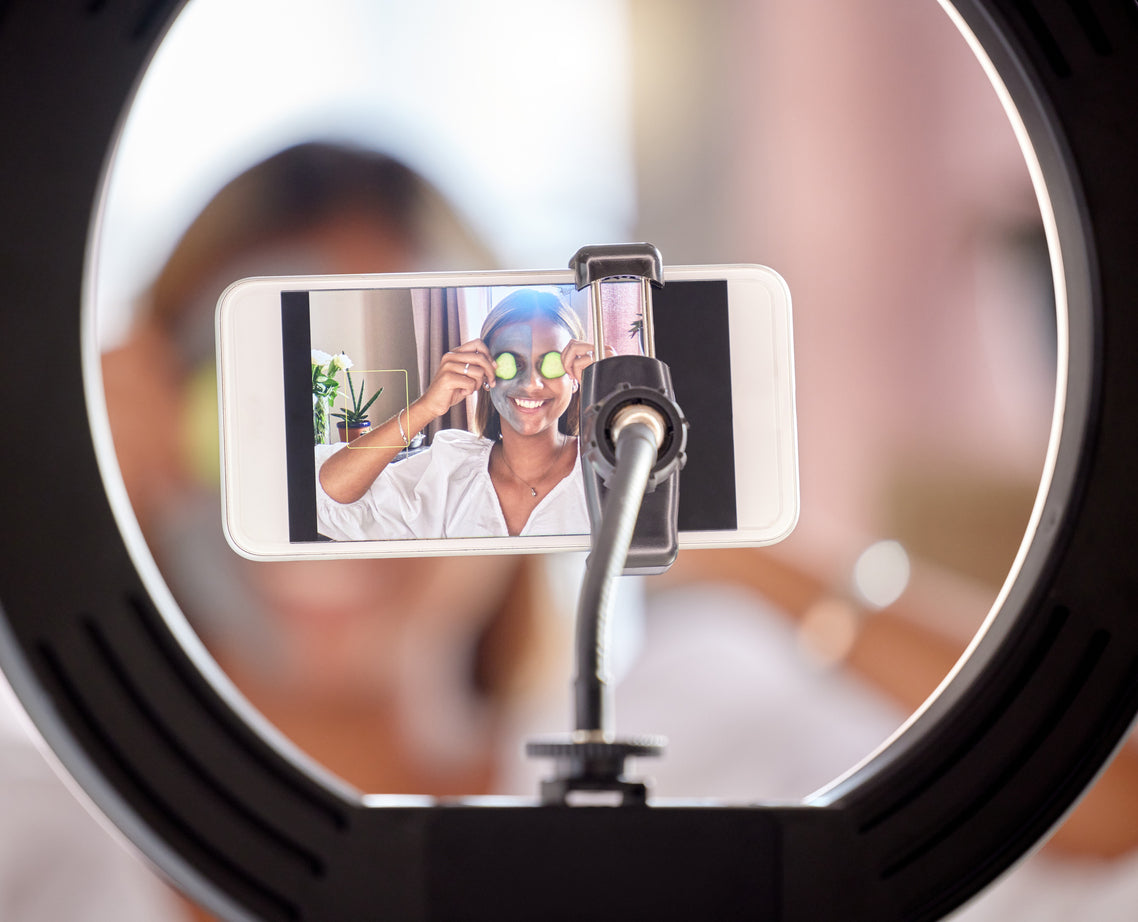
Debunking DIY Skincare Myths
DIY skincare recipes and trendy treatments propagated by influencers can be misleading and may cause harm to the skin. I provide evidence-based explanations to debunk DIY myths and encourage clients to seek professional guidance for safe and effective skincare practices.
Introduction
In the world of skincare, do-it-yourself (DIY) recipes and treatments have gained significant popularity, often fueled by social media influencers and viral trends. While the allure of natural ingredients and at-home solutions is tempting, it's essential to approach DIY skincare practices with caution. As a licensed esthetician, my role extends beyond simply providing treatments; it includes debunking skincare myths and guiding individuals toward evidence-based practices that prioritize their skin's health and well-being.
The Appeal of DIY Skincare
The DIY skincare trend has captured the attention of many due to its simplicity and use of easily accessible ingredients. The allure of creating your own face masks, scrubs, and treatments in the comfort of your home is undeniable. However, the ease and convenience of DIY skincare can overshadow potential risks and consequences.
The Dangers of Misinformation
One of the most significant concerns with DIY skincare is the potential for misinformation. Many DIY recipes and treatments are shared by influencers who lack formal training in skincare and may not fully understand the implications of the ingredients they suggest. Following unverified advice can lead to skin irritation, sensitization, and even exacerbation of existing skin conditions.
Evidence-Based Debunking
As a licensed esthetician, I am committed to providing evidence-based explanations that debunk common DIY skincare myths. For instance, while natural ingredients can offer benefits, they are not a one-size-fits-all solution. Ingredients like lemon juice, baking soda, and even certain essential oils can be harsh on the skin, disrupting its pH balance and causing irritation.
Additionally, DIY treatments that involve physical exfoliation, like sugar scrubs, can damage the skin's protective barrier and lead to micro-tears. On the other hand, professional exfoliation methods, such as chemical peels, are administered with careful consideration of the skin's condition and sensitivity, minimizing the risk of harm.
The Importance of Professional Guidance
I encourage clients to seek professional guidance from licensed estheticians before embarking on any DIY skincare regimen. The knowledge and expertise of a trained professional can help individuals make informed decisions that align with their skin's unique needs and concerns. Professional estheticians understand the science behind skincare ingredients, their interactions, and the potential risks they pose.
Safe and Effective Skincare Practices
Rather than relying solely on DIY trends, individuals benefit from seeking out evidence-based skincare practices. Professional estheticians can recommend products and treatments that have been thoroughly tested and approved for specific skin types and conditions. This approach ensures that the chosen products and treatments are safe, effective, and aligned with the client's skincare goals.
Conclusion
While the DIY skincare trend may seem appealing, it's crucial to approach it with a critical eye and an understanding of potential risks. As a licensed esthetician, my commitment is to provide evidence-based explanations that debunk common DIY skincare myths. By seeking professional guidance, individuals can make informed decisions that prioritize the health and well-being of their skin. The journey to healthy, radiant skin is best navigated with the expertise of a trained esthetician who can guide you toward safe and effective skincare practices.
Products
View all
